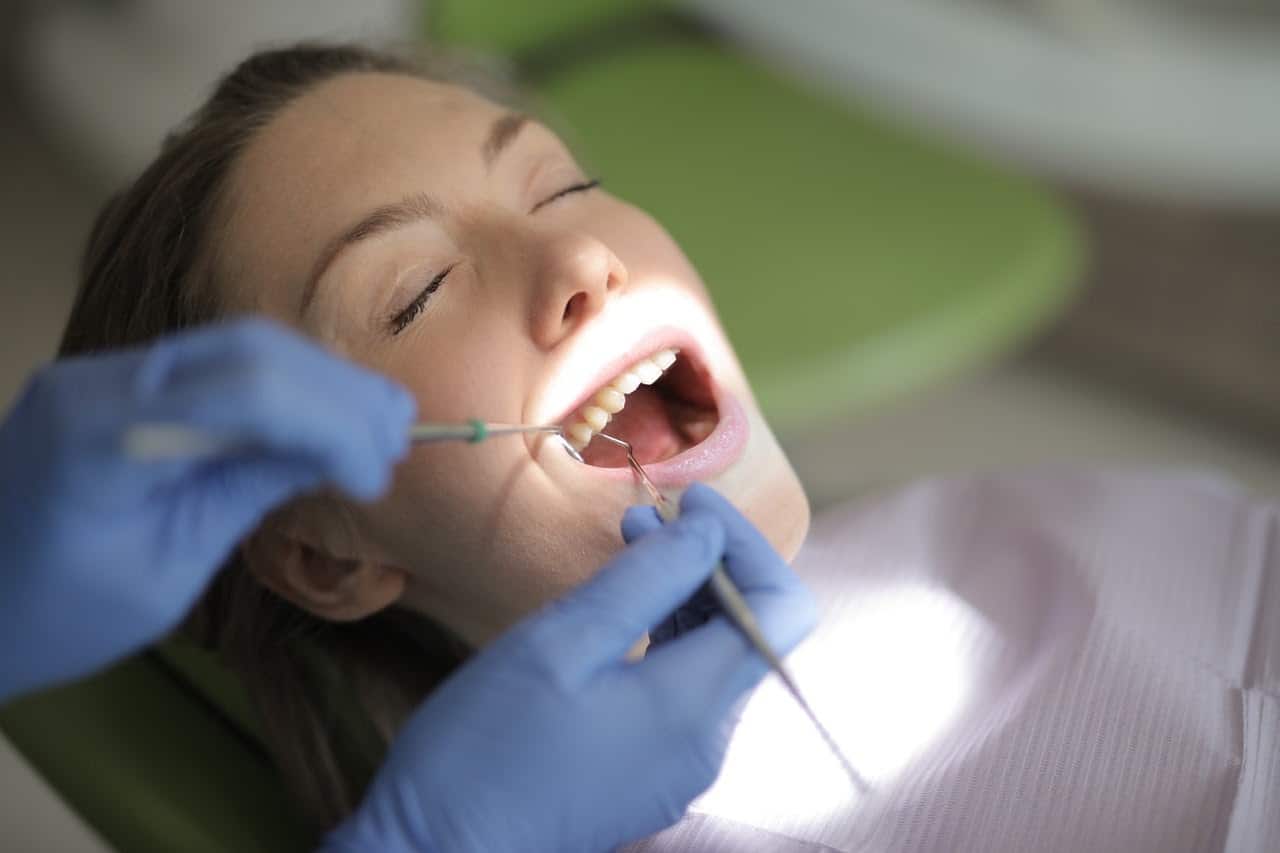What to Do if You Have a Wisdom Tooth Infection

Sometimes your wisdom teeth will be impacted and become infected. This is because when a wisdom tooth only grows in partially, it is likely to create flaps in the gum surrounding it, making the gum more susceptible to food and bacteria getting caught underneath and becoming infected.
Wisdom tooth infections are generally unlikely to heal unless the tooth is extracted, although in the case of more minor infections there are other potential treatments that you could try first. If you think you may have an infected wisdom tooth, visit your dentist right away and they will recommend your best treatment options.
Wisdom Tooth Infection Symptoms
If you begin experiencing pain or swelling around your wisdom tooth, an infection is a likely culprit. The most common signs of wisdom tooth infection are the following:
- Inflammation of the gum around the wisdom tooth
- Pain
- Swelling
- Pus around the gum
- Difficulty with swallowing
- Difficulty opening your mouth
- Swollen lymph nodes underneath your jaw
- Halitosis
- Fever
If you are experiencing any of these symptoms, visit your dentist right away. Your dentist can let you know all of your options and extract the tooth that is causing the problem if that is how you choose to proceed.
Wisdom Tooth Extraction Infection
Wisdom teeth are the final set of molars that we develop, usually in our late teens or early twenties (although some people get them a bit later). When it comes to wisdom teeth, people are different–you can have anywhere from one to four wisdom teeth grow in. Usually as wisdom teeth erupt, they grow in crooked or crowd your existing teeth if there isn’t enough room for the new molars to fit comfortably in your mouth.
In most cases, dentists recommend that people have their wisdom teeth extracted to prevent future problems such as infection, tooth crowding, jaw damage, cavities, sinus issues, and more.
Occasionally, people will get an infection after having their wisdom teeth removed. It is normal to experience some pain and swelling after having your wisdom teeth removed, but you may have a wisdom teeth removal infection if you experience the following symptoms more than 3 days after your surgery:
- Pain and swelling
- Fever
- Nausea
- Pus emerging from the tooth extraction site
How to Prevent Wisdom Teeth Infection After Removal
The best way to prevent an infected wisdom tooth extraction site is to follow the instructions your dentist gives you on postoperative care. This will include proper cleaning and rinsing, what you can eat and drink, and taking antibiotics or pain medication if necessary. Make sure that you follow your dentist’s recommendations carefully and you are less likely to develop an infection in the tooth extraction site.
If you do get a postoperative infection, you will need to visit your dentist immediately for an examination. In most cases, you’ll be put on antibiotics for a week and this will usually clear up the infection. However, some cases may need to be drained and cleaned if the infection continues after taking a round of antibiotics.
Choose Tsawwassen Family Dental
At Tsawwassen Family Dental, our dentists know their way around a set of wisdom teeth! If you think that you may have a wisdom tooth infection or would like to have your wisdom teeth extracted to prevent having to deal with an infection later, book an appointment today and our dentists will give you an evaluation and walk you through the next steps.
Our dental clinic prides itself on providing a comfortable, stress-free dentist experience. We do everything we can to create a stress-free experience for our clients by supplying a relaxing environment and a variety of amenities. We understand that a visit to the dentist can be an anxiety-producing event for many people, so if you have any questions, concerns, or simply feel nervous, let us know and we will do our best to come up with a solution to help you feel as relaxed as possible during your visit.
Appointments

